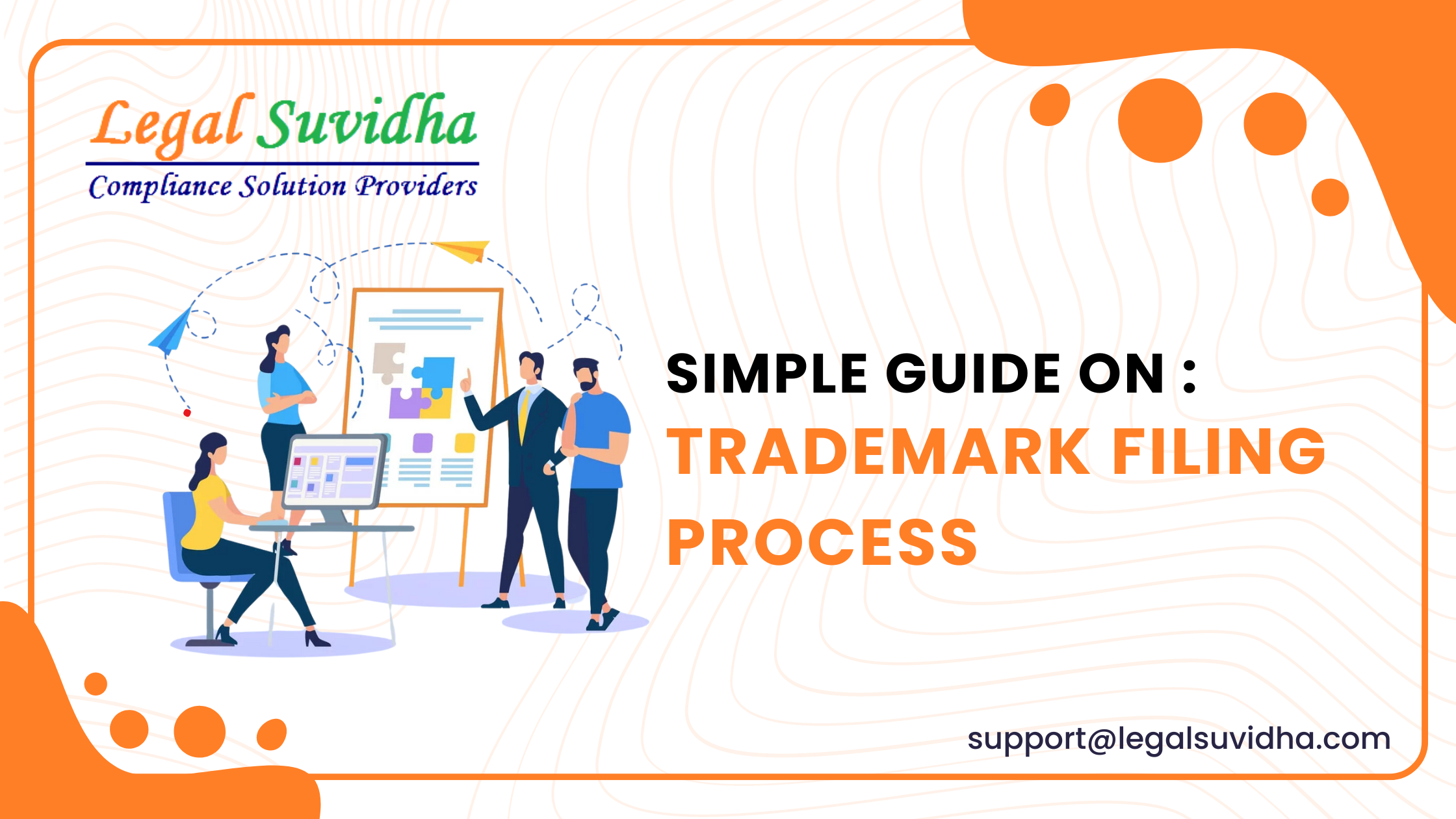Understanding the basics of tax planning is crucial for salaried employees in India to maximize their take-home pay and minimize their tax liabilities. Here are some key points to keep in mind:
- Know your taxable income: Your taxable income is the income on which you have to pay tax. It includes your salary, allowances, and any other income you may have earned during the year. Knowing your taxable income is the first step in tax planning.
- Identify tax-saving options: The Indian tax laws offer various tax-saving options, such as investments in provident funds, insurance premiums, and tax-saving mutual funds. By investing in these options, you can reduce your taxable income and save on taxes.
- Understand deductions: Deductions such as those under Section 80C of the Income Tax Act can help you reduce your taxable income. These include investments in specified instruments such as Public Provident Fund, Equity-Linked Savings Scheme, and National Pension Scheme, among others.
- Use tax exemptions: Certain allowances and perquisites such as house rent allowance (HRA), leave travel allowance (LTA), and medical reimbursements are exempt from tax up to a certain limit. Utilizing these exemptions can help you reduce your tax liability.
- Keep track of deadlines: It is important to keep track of important tax-related deadlines such as filing income tax returns and paying advance tax. Missing these deadlines can result in penalties and interest charges.
- Seek professional advice: It may be a good idea to seek professional advice from a tax consultant or financial advisor to ensure that you are making the most of your tax-saving options and minimizing your tax liability.
By understanding the basics of tax planning, salaried employees in India can make informed decisions about their finances and keep more of their hard-earned money.
Tips on how salaried employees in India can restructure their salary package in a tax-efficient way:
- Understand the tax laws: The first step is to understand the tax laws in India and the various exemptions and deductions available to you. This will help you identify opportunities to save on taxes.
- Use Section 80C deductions: Section 80C of the Income Tax Act provides various deductions on investments such as provident fund contributions, life insurance premiums, and tax-saving mutual funds. You can take advantage of these deductions to reduce your taxable income.
- Negotiate with your employer: You can negotiate with your employer to structure your salary package in a tax-efficient way. For example, you can ask for reimbursements for medical expenses, travel allowances, and food coupons, which are exempt from tax up to a certain limit.
- Use the National Pension System (NPS): The NPS is a government-backed retirement savings scheme that offers tax benefits under Section 80CCD of the Income Tax Act. By contributing to the NPS, you can reduce your taxable income and save for retirement at the same time.
- Opt for the Leave Travel Allowance (LTA): If you are eligible for LTA, you can claim tax exemption on the amount spent on travel expenses for yourself and your family. This can help you save on taxes and also enjoy a vacation with your loved ones.
Overall, by understanding the tax laws and working with your employer, you can restructure your salary package in a tax-efficient way and keep more of your hard-earned money.
How to optimize your salary structure for maximum tax savings
Optimizing your salary structure for maximum tax savings can help you keep more of your hard-earned money and reduce your tax liability as a salaried employee in India. Here are some key strategies to keep in mind:
- Understand your salary components: Understanding the various components of your salary such as basic salary, allowances, and perquisites is crucial in optimizing your salary structure for tax savings.
- Utilize tax-free allowances: Certain allowances such as house rent allowance (HRA), leave travel allowance (LTA), and medical reimbursements are exempt from tax up to a certain limit. By utilizing these tax-free allowances, you can reduce your taxable income and save on taxes.
- Opt for tax-friendly investments: Investments in tax-saving instruments such as Public Provident Fund (PPF), Equity-Linked Savings Scheme (ELSS), and National Pension System (NPS) can provide tax benefits under Section 80C of the Income Tax Act.
- Restructure your salary: By restructuring your salary to include more tax-friendly components such as reimbursements, you can reduce your taxable income and save on taxes. For example, you can negotiate with your employer to provide reimbursements for expenses such as telephone bills, fuel expenses, and professional development courses.
- Claim tax benefits for home loans: If you have taken a home loan, you can claim tax benefits for both the principal and interest paid under Section 80C and Section 24 of the Income Tax Act, respectively.
- Plan for retirement: Investing in retirement savings options such as the National Pension System (NPS) and the Employee Provident Fund (EPF) can provide tax benefits and help you plan for your retirement.
By utilizing these strategies, you can optimize your salary structure for maximum tax savings and reduce your tax liability as a salaried employee in India. It is recommended to seek professional advice from a tax consultant or financial advisor to ensure that you are making informed decisions and maximizing your tax-saving options.









